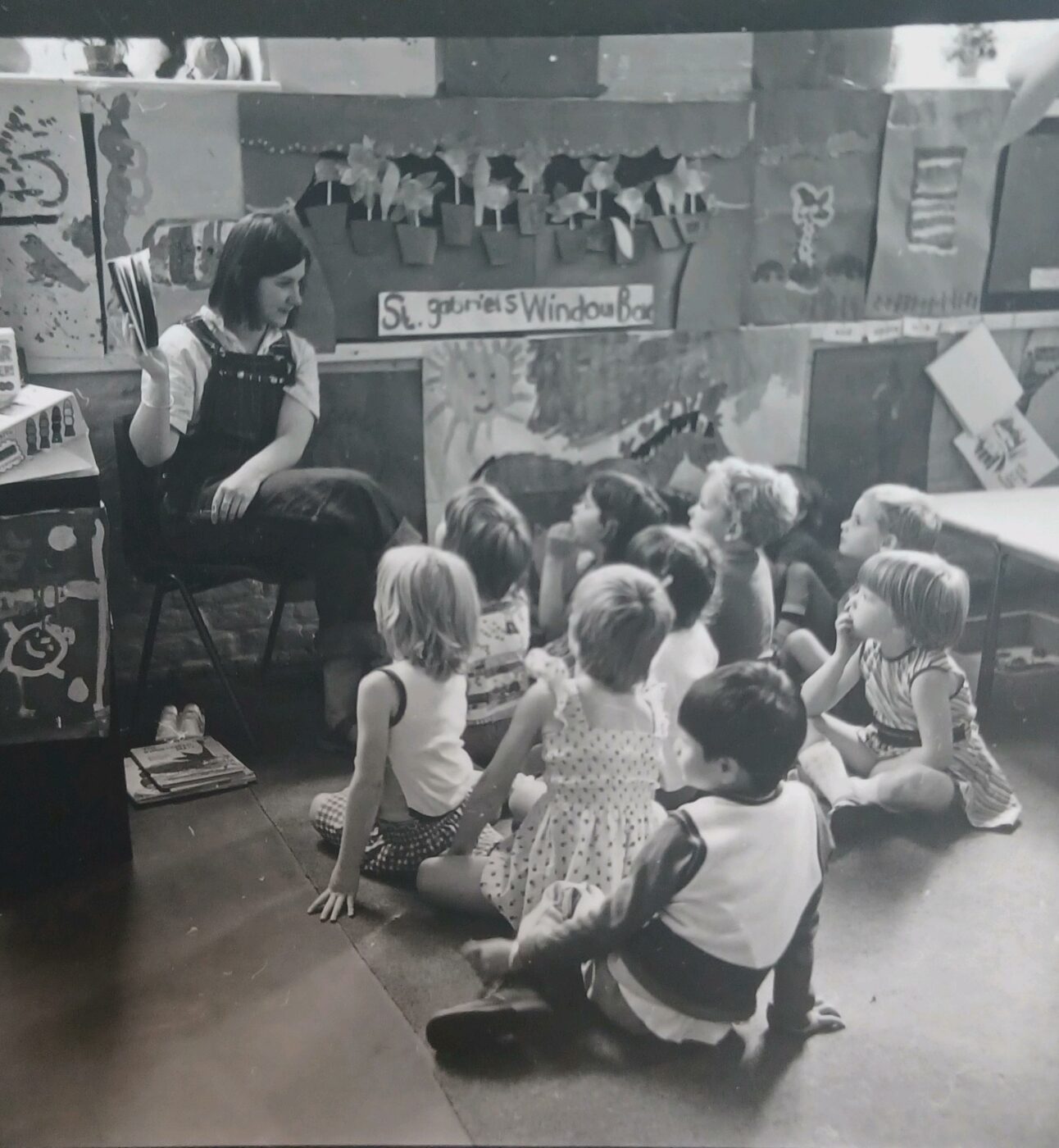
Talking Early Years: Celebrating 120 Years at LEYF
The Year That is 2023 – This year, we are proud to celebrate 120 years of LEYF. It’s been fascinating to reflect back on what has changed over…
February 25th 2013
UK politicians and policy makers oscillate between venerating Europe and the US. We all now know of our Minister Elizabeth Truss‘ current fascination with early years education in France and Denmark, an attraction that perplexes many in both countries. From my recent trip to Paris, these individuals have confirmed that such a fascination is undeserved. However, right now the Minister’s eyes should travel further west and examine what is happening in the US.
The US Secretary of Education, Arne Duncan has decided that access to Early Years education is key to levelling the playing field for students of all backgrounds, and is keen to invest in universal early education for 1.85 million 4-year-olds. As he told Bloomberg Radio:
[If we don’t do this], we’re playing catch-up from the start. The more we can increase access to early childhood education, make sure it’s high quality in reaching those children in communities who historically have been under served – that’s the best investment we can make.
He acknowledges the political challenge, namely that early childhood education is a long-term investment – longer than the terms of most political appointees and elected officials – and that the dividends will be reaped long after President Barack Obama has left the White House. Nonetheless, he has the far-sightedness to want to do things differently in order to do the best thing:
…not just for our children and our families, but ultimately to strengthen our country. The path to the middle class goes straight through America’s classrooms.
Like the UK Coalition Government, President Obama is building on some of the legacy of the previous incumbent George W. Bush, who in 2002 developed No Child Left Behind (NCLB), designed to elevate education as the “great civil rights issue of our time“, and also challenge “the soft bigotry of low expectations”.
Despite concerns about NCLB and its laser focus on test-based accountability with unrealistic and hard to manage targets, it is giving the President and members of Congress an opportunity to demonstrate a bipartisan effort around which they can move forward together. It all feels very familiar, does it not?
However, maybe we should demand the same level of foresight illustrated by Mr. Duncan from our own politicians, and develop a more cross party set of long term objectives for our children and our nation’s future with a mandate from the public.
Perhaps, we can ask President Obama to loan Mr. Duncan to the UK with a packet of Haribo in his pocket, which he could share with our politicians as he helped them agree a long-term properly thought out early year’s investment proposition.
Such an effort would certainly guarantee I donate Curly Wurlys for a job well done.

The Year That is 2023 – This year, we are proud to celebrate 120 years of LEYF. It’s been fascinating to reflect back on what has changed over…

The other night I was watching my new late-night Netflix addiction, How to Get Away With Murder. I have reached Series 5 where the main protagonist, Annaliese Keating is…

We all know that the Tiger comes to Tea but we have never had a Duchess come to Breakfast. https://www.youtube.com/watch?v=-6hzbLzcprE The Duchess of Cambridge lightened up our…